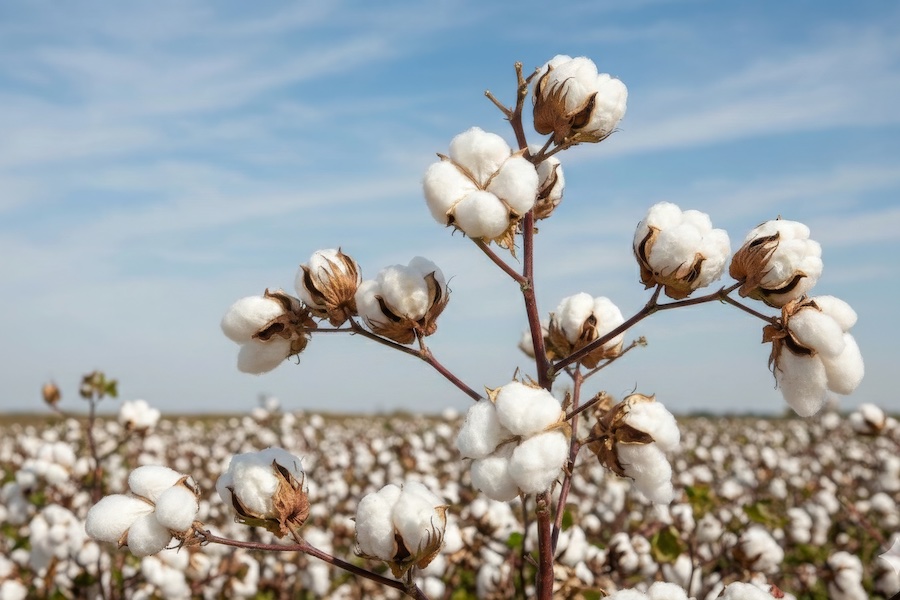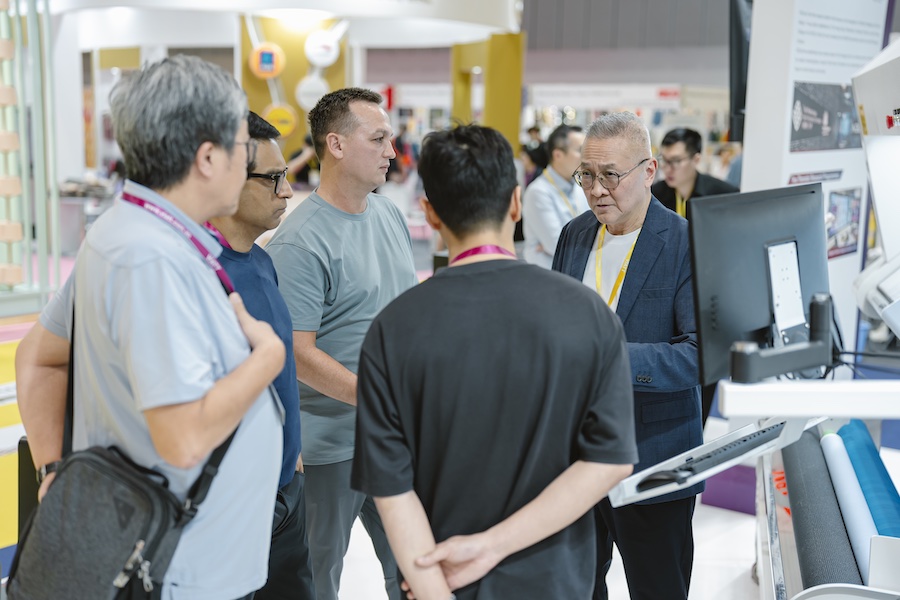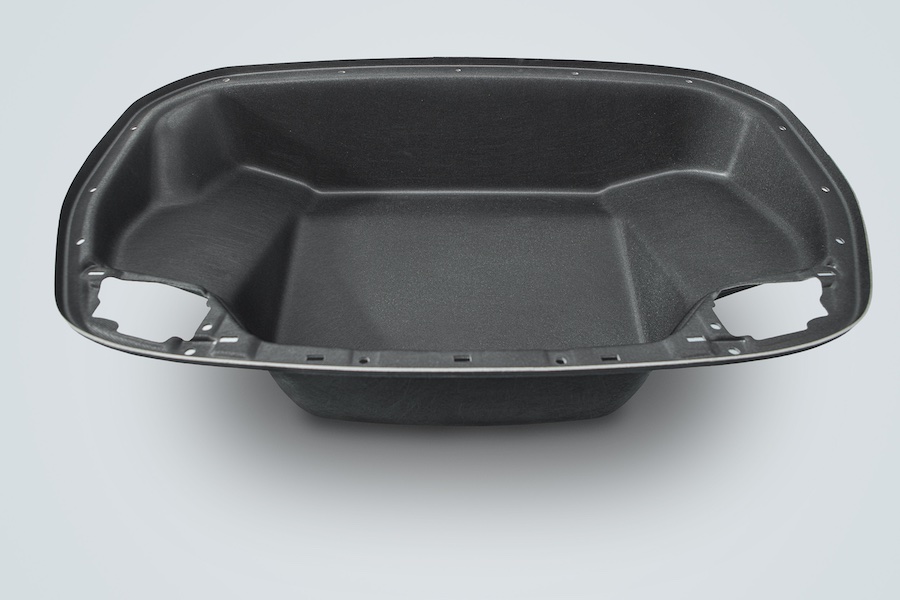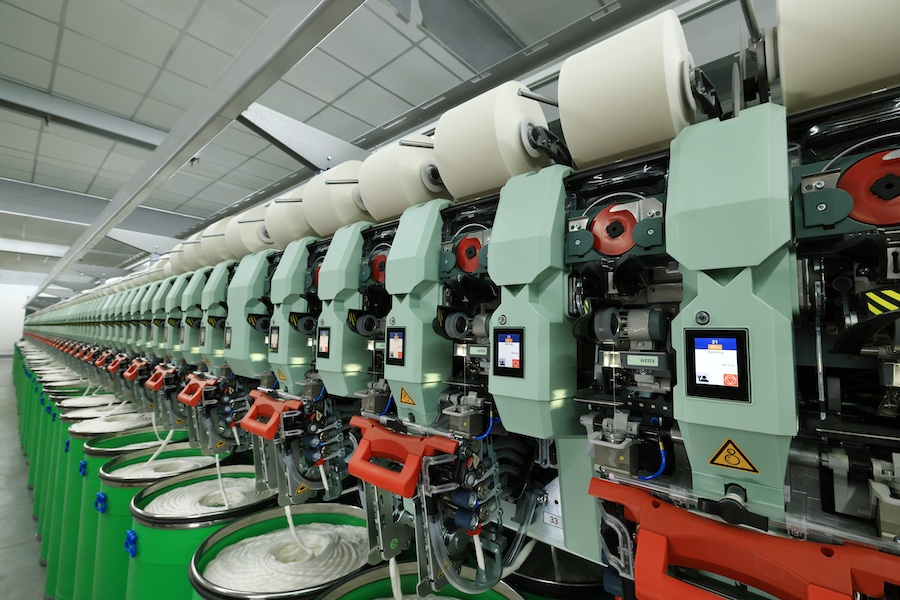#Sustainability
Textile Exchange evolves its membership structure to unlock the next stage of collective action for climate and nature
For more than two decades, Textile Exchange has been guiding its growing community—which spans brands, retailers, suppliers, producers, solution providers, consultancies, NGOs and more—toward more purposefully produced materials. Today, this membership community includes over 700 organizations, supported by resources, expertise, and events that deepen shared understanding and enable progress.
Now, as the urgency for the fashion, textile, and apparel industry to address its climate and nature impact intensifies, Textile Exchange is redesigning its membership structure to unlock a more targeted course of action for the transition to preferred production systems.
Sarah Needham, Senior Director of Engagement and Partnerships, said: “Our members are fundamental to achieving the progress we want to see. Since the beginning of Textile Exchange, they’ve shown many times what’s possible when the industry works together. Now, this evolved membership structure empowers them to collectively go further, no matter where they are on their sustainability journey.
“By providing targeted guidance and fostering collective action, the structure will enable our community to align behind the shared priorities and direction needed to make measurable change.”
A two-tiered structure designed for change at scale
There will be a phased transition to the new membership structure, which will give organizations the opportunity to join one of two distinct but connected cohorts: Action or Community. This two-tiered structure is designed to better support the distinct needs of different types of organizations working across the industry. It will offer structured pathways, targeted guidance, and practical tools to support coordinated action towards regenerative and resilient production systems, while upholding the ethos and sense of community that have always been an important and valued part of Textile Exchange membership.
The Community Cohort
This cohort is tailored to organizations whose work sits outside direct raw material sourcing or production, but who are still looking to grow their sustainability knowledge and share expertise with peers across the industry. It is particularly suited to academics, non-profits, and solution providers or consultancies, as well as supply chain partners in Tiers 1–3 who do not produce or procure materials themselves.
It offers a self-guided approach, with organizations having access to a global network of like-minded professionals, knowledge-sharing opportunities, learning, events, and expert-developed tools. This cohort closely matches our current membership structure.
The Action Cohort
The Action Cohort is purpose-built for brands, suppliers, and raw material producers that are directly involved in sourcing or producing materials. It is structured to help its members achieve concrete, measurable progress through a shared roadmap to achieving beneficial outcomes for climate, nature, people, and animals.
Joining this cohort provides members with clearly structured action pathways, a standardized progress reporting framework, increased expert guidance, and the opportunity to join collective action initiatives and workshops.
Action Cohort members must commit to tangible steps, from reporting their progress to sourcing or producing through systems that verify best practices, turning intention into implementation. There will also be the opportunity to lead the change, with brands and producers working together through collective action to overcome production system barriers and accelerate progress.
Translating shared ambition to measurable progress
The redefined membership structure reflects Textile Exchange’s five-year strategy to 2030, which aims to advance progress toward climate and nature goals by driving forward the required levels of collective action.
At its core is the creation of an enabling environment for scaling preferred production systems and directly addressing economic barriers, especially for producers at the very start of the supply system. This evolved membership structure is designed to foster such an environment, harnessing the strength of our diverse community while providing clear pathways that align with individual needs and goals.
The full details of the new membership structure will be released in early 2026. Existing members can find out more, including details of a webinar discussing the redefined structure on December 4, at The Hub.












